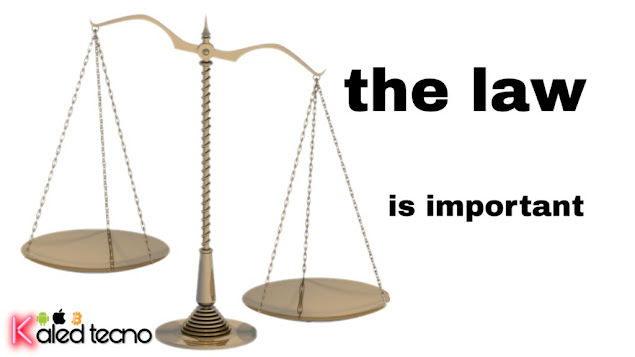?? Does the lawyer always win the case
No, lawyers do not always win cases. The outcome of a legal case depends on various factors, including the strength of the evidence, the quality of legal arguments, the skill of the attorneys involved, and the interpretation of the law by the judge or jury.
Even the most skilled and experienced lawyers can face challenges if the evidence is against their client or if the opposing party has a compelling case. Additionally, legal decisions are ultimately made by judges or juries, and their interpretation of the law and the facts of the case can vary.
While a lawyer's expertise and advocacy skills are crucial, there are no guarantees in the legal system, and outcomes can be influenced by a range of factors beyond the attorney's control. Legal proceedings are inherently uncertain, and each case is unique, with its own set of circumstances that can impact the final result.
The legal system is designed to be impartial and to provide a fair and just resolution to disputes. It involves a process of presenting evidence, legal arguments, and interpretations of the law to an impartial decision-maker, such as a judge or jury. The outcome is supposed to be based on a careful consideration of the facts and the applicable law.
However, the complexity of legal issues, the inherent uncertainties in interpreting laws, and the subjective nature of decision-making mean that predicting legal outcomes with certainty is challenging. Here are a few reasons why lawyers do not always win cases:
Complexity of the Law: Legal cases often involve complex issues and intricate points of law. The interpretation of statutes and precedents can be subjective, and different legal professionals may have varying opinions on the same matter.
Quality of Evidence: The strength and admissibility of evidence play a crucial role in legal proceedings. If one party has strong, convincing evidence, it may influence the outcome of the case, regardless of the legal arguments presented.
Subjectivity in Decision-Making: Judges and juries are human, and their decisions can be influenced by a variety of factors, including personal beliefs, biases, and interpretations of the facts. While the legal system strives for objectivity, complete neutrality is challenging to achieve.
Unforeseen Circumstances: Unexpected events or developments during a trial can impact the outcome. For example, new evidence may emerge, witnesses may change their testimony, or legal strategies may need to be adjusted.
Legal Strategy and Advocacy: The skill and effectiveness of the lawyers involved can significantly influence the outcome, but even the most skilled attorneys may face challenges if the legal landscape or evidence is not in their favor.
In summary, the legal system is inherently complex, and its outcomes depend on a combination of legal principles, evidence, and the judgment of decision-makers. While skilled lawyers increase the likelihood of success, no attorney can guarantee a favorable outcome in every case.


Thanks for writing to us